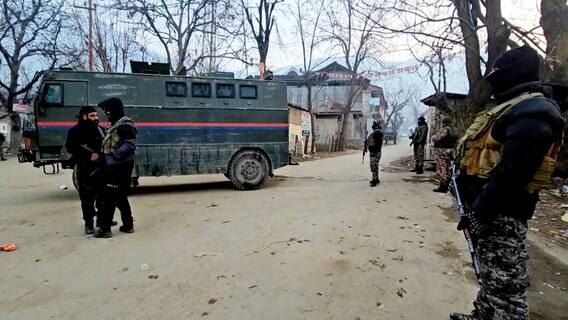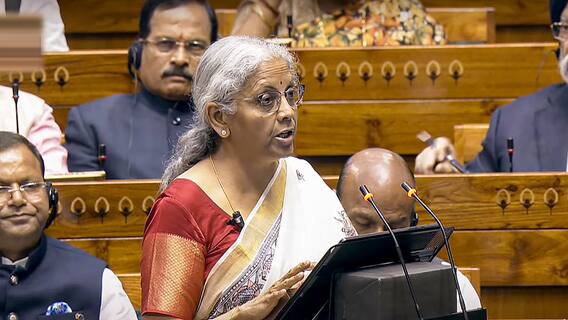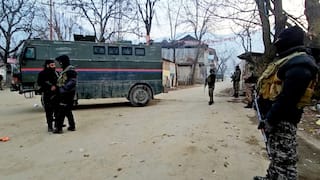Afghanistan Commercial Flights Resume With 113 Passengers Amid UN Allegations Of Taliban Harassment
Even as international flights were operating with officials, technicians and aid, the first civilian flight took off after the evacuation of 124,000 foreigners and at-risk Afghans.

New Delhi: In the first international commercial flight under the new Taliban interim government, at least 100 foreigners including US citizens who were left behind in Kabul on Thursday. The reopening of commercial flights is seen as an important step towards rebuilding Afghanistan after the Taliban seized power in August.
However, there were reports of violence against women, foreigners, and journalists at the hands of the Islamists. About 113 people were aboard the flight from Kabul to Doha operated by state-owned Qatar Airways, officials told the news agency Reuters.
The passengers included US, Canadian, Ukrainian, German and British citizens, according to the source of the news agency Reuters.
Even as international flights were operating with officials, technicians, and aid in recent days, the first such civilian flight took off since the evacuation of 124,000 foreigners and at-risk Afghans after the withdrawal of the US troops.
Around 10 US citizens and 11 permanent residents were on the flight, the US State Department spokesperson Ned Price informed on social microblogging site Twitter, out of "the 39 we invited."
Qatar and Turkey facilitated the reopening of the airport in Afghanistan and the passengers were transported in a Qatari convoy after safe passage was agreed upon with the Taliban, according to Reuters. The passengers will initially halt at a compound hosting Afghan and other evacuees in Doha.
UN Special Envoy on Afghanistan Deborah Lyons raised concerns to the Security Council that non-governmental organisations supporting women were being targeted, freedom of women being been restricted, and the harassment faced by United Nations' staff.
"The UN cannot conduct its work - work that is so essential to the Afghan people - if its personnel are subjected to intimidation, fear for their lives, and cannot move freely," Lyons told the Security Council.
An internal UN security document assessed by Reuters showed several such incidents including veiled threats, the looting of UN offices and physical abuse of staff since August 10 being witnessed in the nation five days prior to the Taliban take over.
Trending News
Top Headlines












































